While our classifieds section is still in the design phase, we’re thrilled to share this inspiring opportunity from Ross and Heather Jackson at Duemosegaard farm in Denmark. As we work to create a space that connects you with more opportunities to connect with the Global Ecovillage Network, this WWOOFing invitation offers a glimpse into the kinds of projects we’ll feature in the future.
If you’re excited to get involved or want to be the first to know when our classifieds go live, fill out this form to join the top of our waitlist. Your feedback will also help us shape the final design of our platform!
An Invitation to WWOOFers from Ross and Heather Jackson
In the rolling countryside just north of Greater Copenhagen lies Duemosegaard (Dove Lake Farm), a modernized old farmstead from 1895, home to Ross and Heather Jackson. Any comparison to a conventional farm stops there.
Ross has a background as an economist, philanthropist, author, and visionary environmental activist, Heather as an artist, former international designer and writer who runs the farm, exhibitions and events.
From Organic to Regenerative
Agriculture occupies more than 60% of Denmark’s area; biodiversity is under threat and resource consumption is among the highest in the world. Back in the 1970s, just taking a drive through the blossoming Danish countryside in summer would leave the windshield splatted by insects. Nowadays, the windshield is clean, all is sterile, the food chain is shattered by over-farming and the over-liberal use of pesticides.
Ross and Heather decided, in the autumn of 2023, to convert their 19 hectares of organic fields into an experiment in regenerative agriculture. Organic farming is far better for the ecosystem than conventional farming, but it is still monoculture and lacks biodiversity. Our vision for the farm includes no till, greater biodiversity, a greater focus on forest gardening, the rewilding of lakeside habitats, the establishment of new hedgerows and a new small forest to further help the beleaguered wildlife in intensively farmed Denmark.
In November, 2023, hundreds of nut trees (walnut, chestnut, hazelnut) and fruit bushes were planted on 2.6 hectares of specially fenced-in land. A special mixture of 24 grains and grasses was sown on the rest of the arable land (about 12 hectares), which will lead to deep-rooted fodder plants breaking up the compacted soil and adding life-giving nutrients to the flora. This part of the land will be left to recover for a few years, with possible grazing at some point—alpacas are under consideration.
For thirteen years, 4000 m2 of the farmland at Duemosegaard has been dedicated to a “common garden” project, where 24 local families participate in planning, enriching, planting, tending and harvesting a wide variety of vegetables. Our biodynamic farming follows the teachings of Rudolf Steiner and his organic theories on the wonders of manure, the moon, no pesticides and a dash of mystique. The families who till the soil with Ross and Heather are an eclectic and hearty bunch who enjoy working and chatting together and sharing a bite during breaks. The only requirement is about forty hours of work per annum and a fee of €240, which all agree is a bargain considering the food quality. Duemosegaard provides the land without charge.
Deep Roots
The roots of this eco-friendly place are firmly planted in the early 1990s, with the founding and funding ( for 30 years) of the Global Ecovillage Network (GEN) by Ross and his former wife, Hildur, who passed away in 2015. In 2021, Ross met Heather, who had been researching ecovillages for an app that she had been developing for travellers visiting Denmark in a sustainable way, and after a stay at Dyssekilde ecovillage in Denmark had an epiphany and realized that she too wanted to live in an intentional community. Ross and Heather were married at Duemosegaard by one of their lakes in September 2022. Since then, Duemosegaard has woken from its slumbers and has begun to thrive with life and plans into a living experiment for some really beautiful regeneration projects, the most wonderful being that these two are rejuvenated by being so happy together 🙂
The Global Ecovillage Network truly came into its own at the beginning of the Russian/Ukrainian war in 2022, when ecovillages across Europe rallied to assist displaced refugees fleeing from the cities. As conventional aid agencies waited at closed borders, GEN-Ukraine’s ecovillages served as places of refuge, while GEN-Europe rallied to send badly needed food, shelter and medical supplies within three days, as well as providing a safe route out of the country and temporary accommodation at ecovillages throughout Europe.
Future Plans
Since beginning the Gaia Education “Ecosystem Restoration Design” course, Heather has come up to speed with her own visions of a better future for the planet, and has, with Ross, developed a design for soil and habitat improvement called “Patchwork”, whereby existing areas of natural habitat are left to rewild, the heavily impacted fields are sown with nitrogen-fixing legumes and a cover crop of plants with long roots which break up the structure, whence the humus, fungus and enzymes can thrive once more!
Plans for a permaculture market garden, a farm shop and the integration of herb and medicinal flower cultivation are in the pipeline,
Cultural Facilities
Besides regenerative farming, Duemosegaard also offers facilities for seminars, art exhibitions and related cultural activities. For example, since 2016, Duemosegaard has hosted numerous debate evenings with prominent social activists as guest speakers under the title of the “Duemosegaard Dialogues”.
WWOOFers Welcome
As our ambitions exceed our abilities to do everything ourselves, we welcome WWOOFers (“willing workers on organic farms)” to join us for short stays and be part of the team that is further developing this magnificent place.
Follow the adventure on Instagram and Facebook @duemosegaard, or online at https://duemosegaard.com/
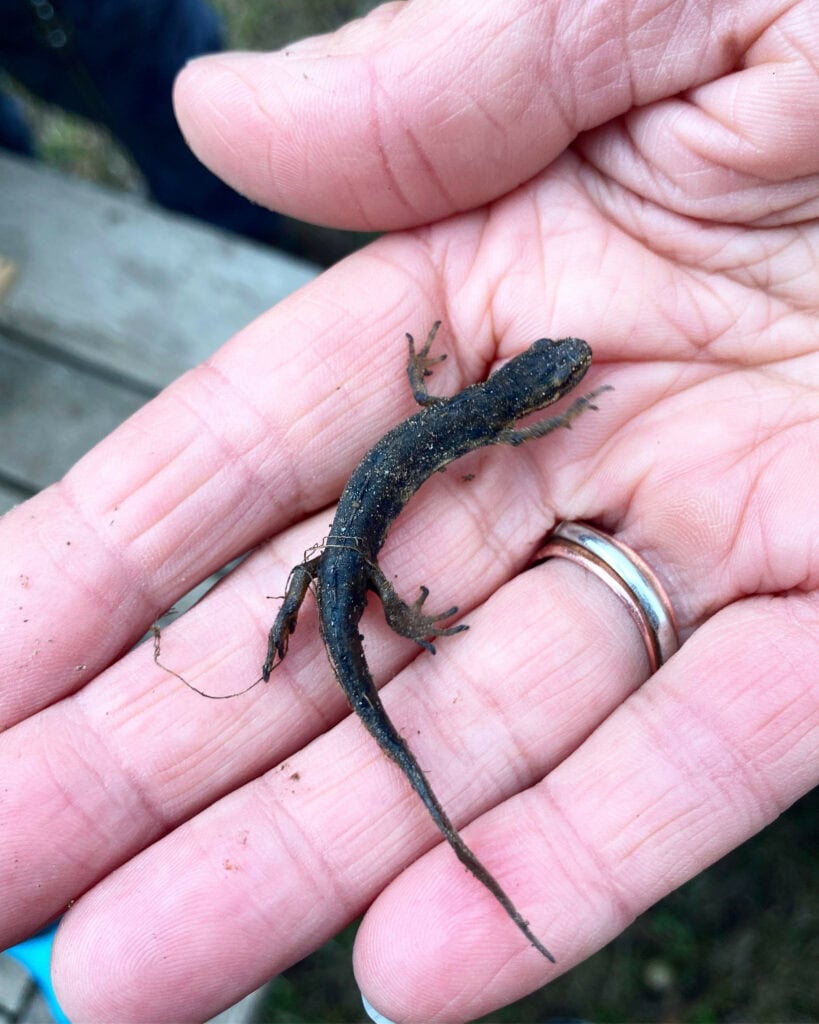
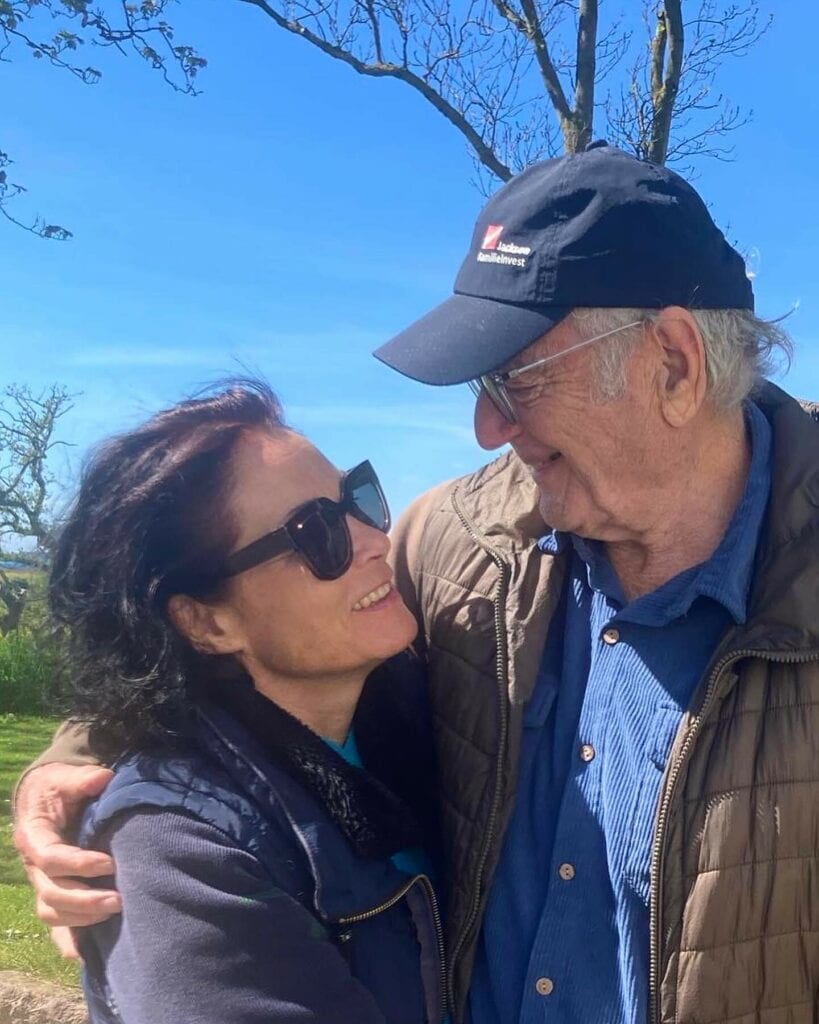
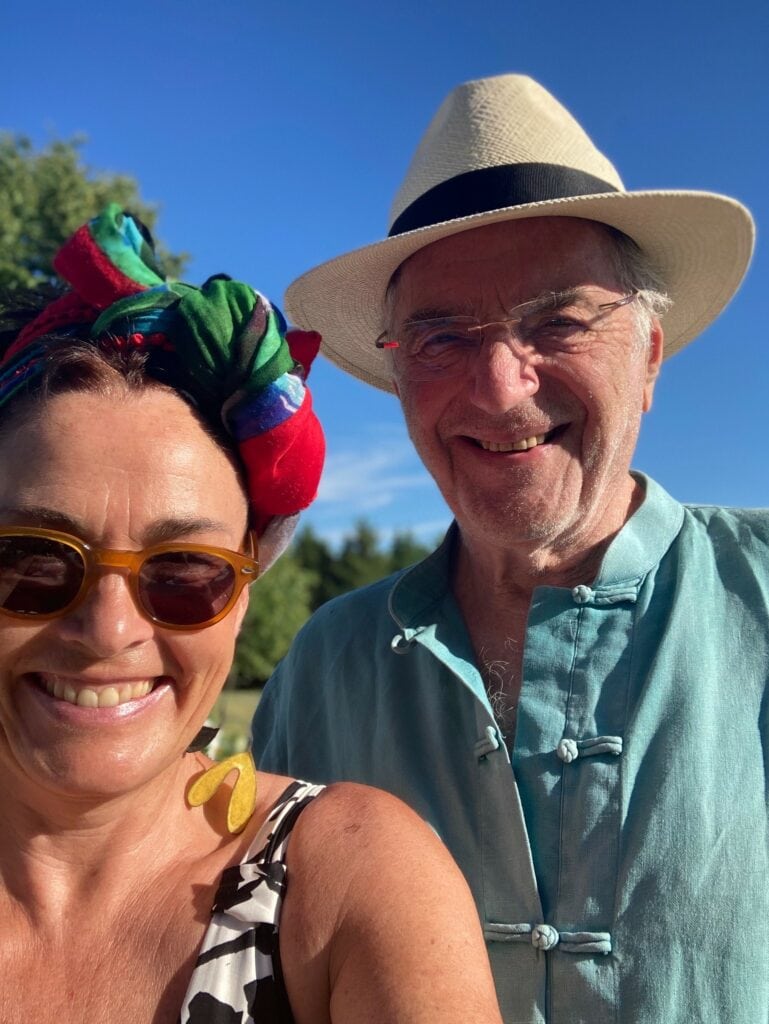
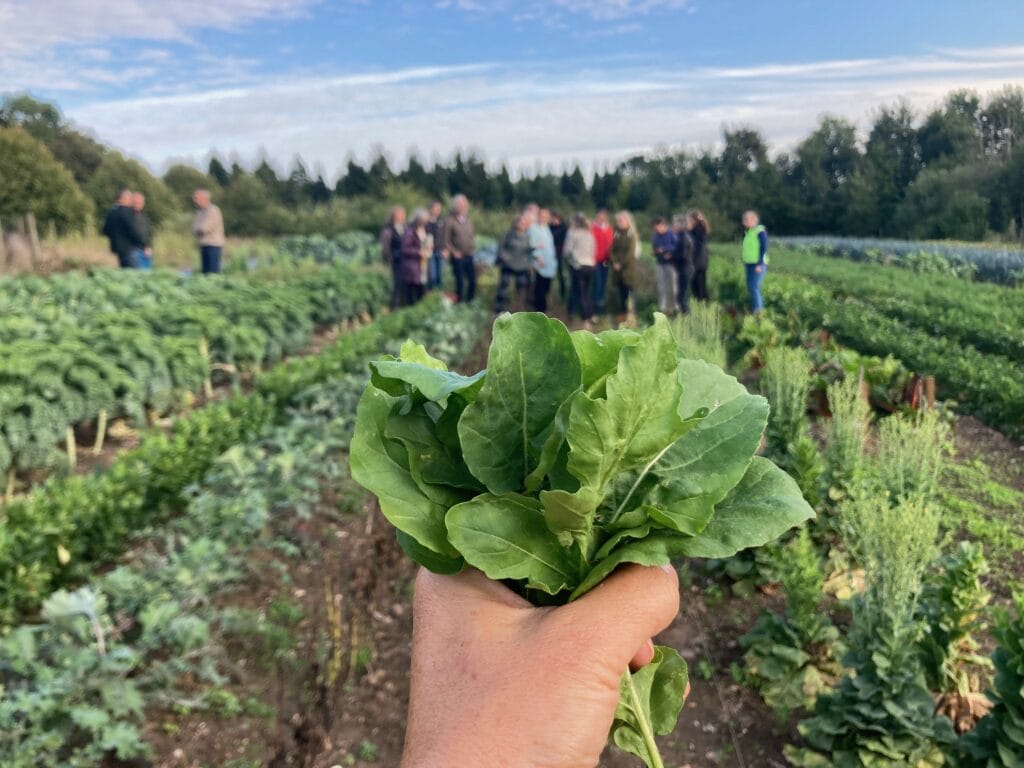
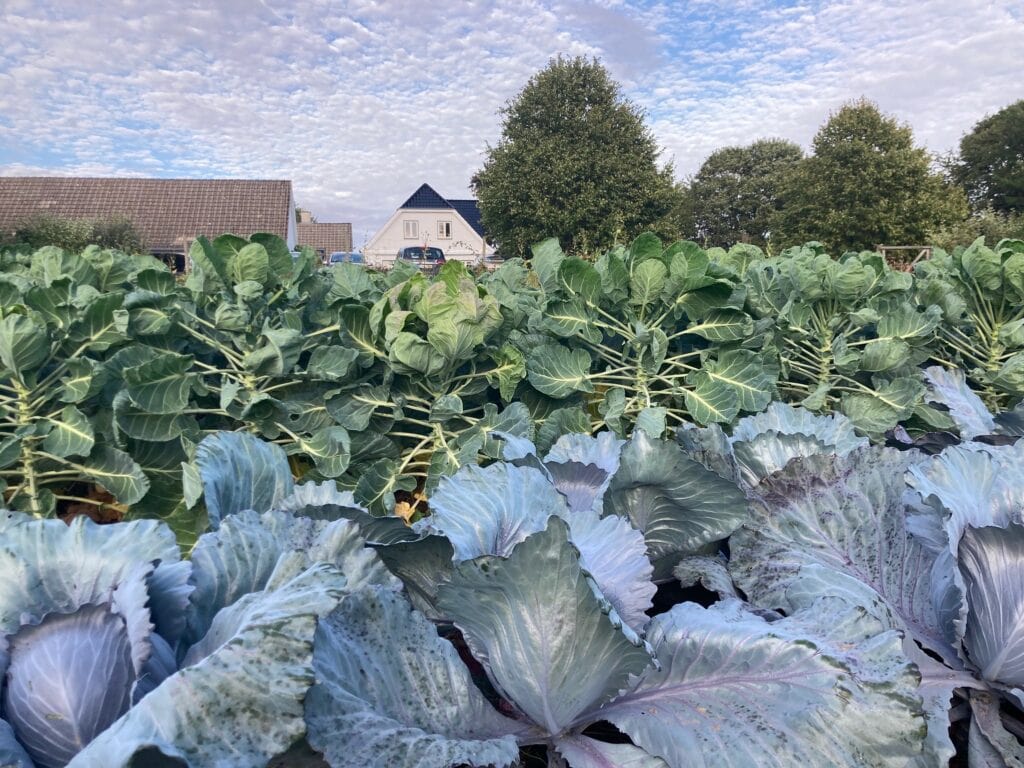
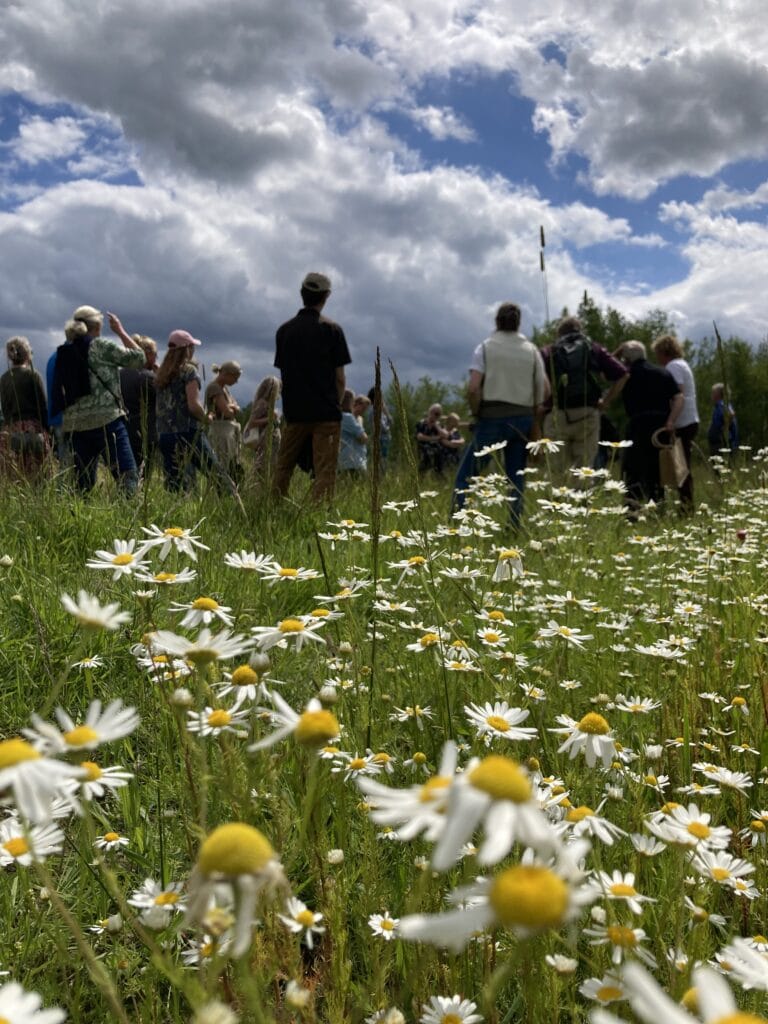
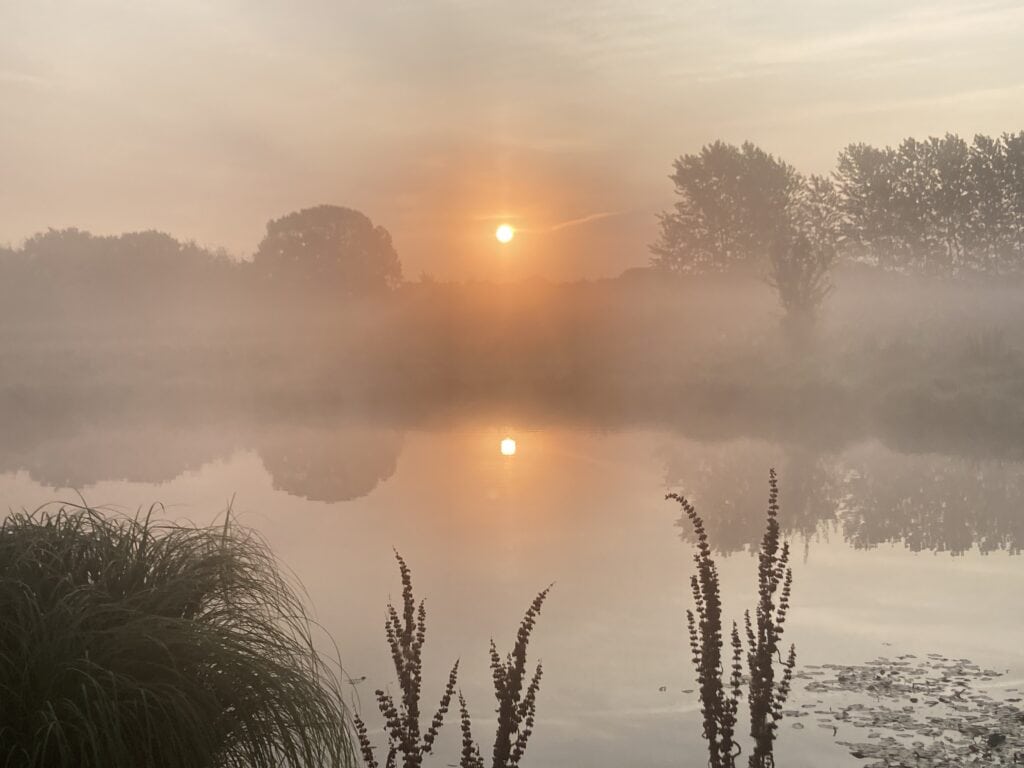
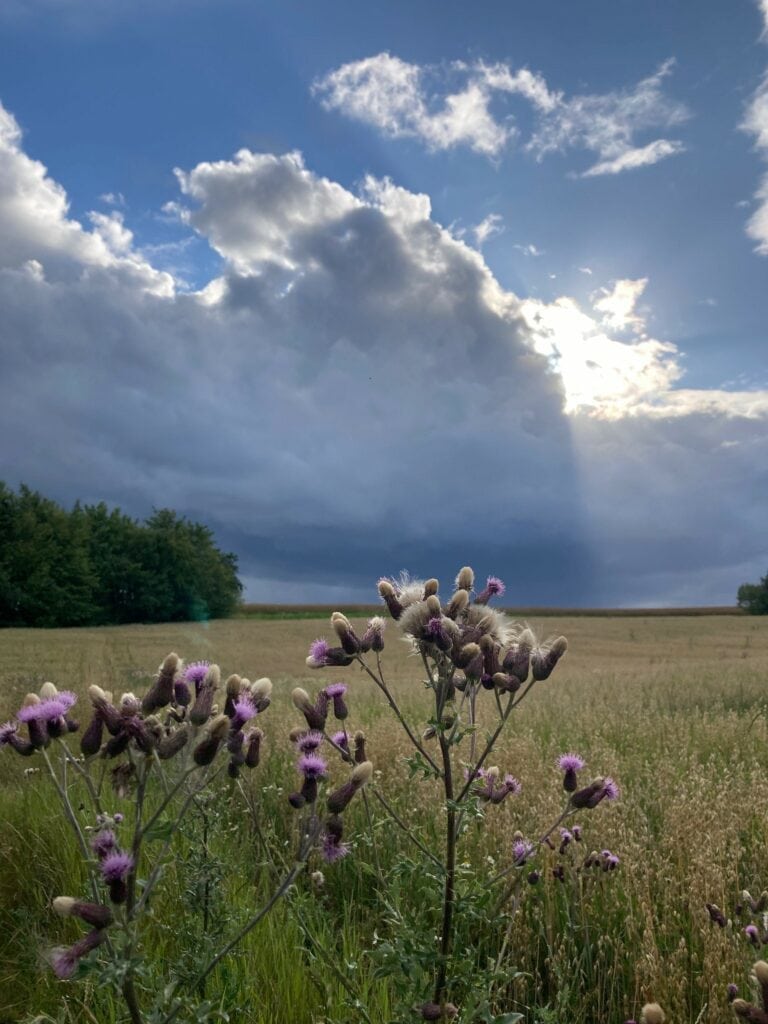

Leave a Reply